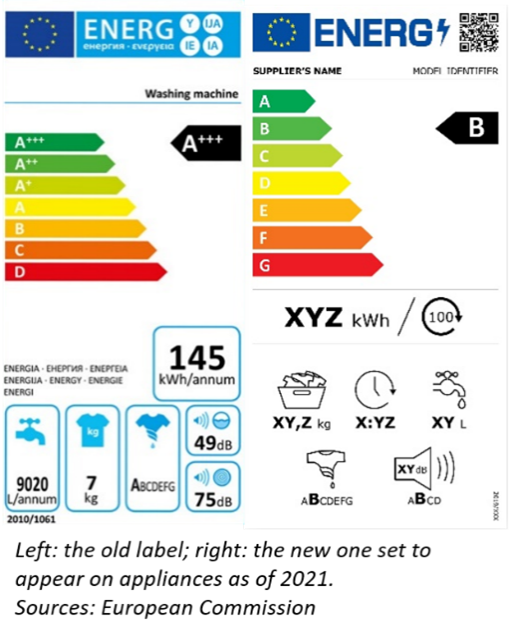(trigger warning sexual violence)
Yesterday, the CJEU issued a judgment in the Kuoni Travel case (C-578/19), in which the Supreme Court of the UK asked for guidance on the interpretation of certain provisions of the old Package Travel Directive (Directive 90/314). It might be (one of) the last UK consumer law case decided at the CJEU. The travellers in this case bought a package travel to Sri Lanka from Kuoni Travel. The package included return flights, and 15 nights all-inclusive accommodation in 2010. Unfortunately, the traveller was assaulted and raped by an electrician and hotel employee, wearing a staff uniform and on duty at the time. The question that arose was whether Kuoni was liable for damages to the traveller, that is whether these arose as a result of the improper performance of the package travel contract by the supplier of a service and if yes, whether exception from Article 5(2) PTD could apply - that the travel organiser is not responsible because even with all due care they could not foresee or forestall the event that had occurred.
Pursuant to the contract, Kuoni limited its responsibility as follows:
‘due to fault on [that company’s] part, or
that of [its] agents or suppliers, any part of [the] holiday
arrangements booked before … departure from the UK is not as described
in the brochure, or not of a reasonable standard, or if [the other
contracting party] or any member of [his or her] party is killed or
injured as a result of an activity forming part of those holiday
arrangements’ and, secondly, that Kuoni does not ‘accept responsibility
if and to the extent that any failure of [the] holiday arrangements, or
death or injury is not caused by any fault [on the part of the company],
or [that of its] agents or suppliers; is caused by [the other
contracting party] … or is due to unforeseen circumstances which, even
with all due care, [the company] or [its] agents or suppliers could not
have anticipated or avoided’.
High Court of Justice and Court of Appeal both dismissed consumers' claim on the basis that Kuoni accepted responsibility for its agents and employees in the performance of 'holiday arrangements', which should not encompass actions by a member of the hotel's maintenance staf. This would according to the court also fall within the scope of the PTD, as it did not aim to regulate the conduct by employees or agents of the travel organiser, where that conduct was not part 'of the role in which he was employed'. The Supreme Court, however, highlighted the fact that the hotel staff's member was guiding the traveller to the reception which could be perceived as a service falling within the scope of the 'holiday arrangements' (para 21, 51), and therefore an assault that occurred could be seen as an improper performance of the contract.
The CJEU first reminds the fact that Article 5(3) PTD prohibits travel organisers and/or retailers who are responsible towards consumers for the performance of the package travel contract to exclude their liability by means of a contractual clause (para 34). Article 5(2) PTD provides an exhaustive set of such exclusions. The liability extends to the proper performance of obligations under the contract by suppliers of services, who are however not defined in the directive (para 35).
Suppliers of services
The linguistic and purposeful interpretation of this notion leads to the determination that a supplier of services is a natural or legal person who provides services for remuneration (paras 38-40). An employee of a supplier (here maintenance staff member in a hotel) could not however be a supplier of a service, both due to not having concluded a contract with the travel organiser and having an employment contract (rather than of provision of services, per definition) (paras 41-42). However, as suppliers of services may use their employees to perform the obligations from the package travel contract, and the travel organiser has the ultimate responsibility for the proper performance thereof, their liability should cover acts committed by employees of the supplier of services (paras 45-48).
Exemption from Article 5(2) PTD
The CJEU interprets the exemption as applying to
'events which cannot be foreseen, irrespective
of whether they are usual, or from events which cannot be forestalled,
irrespective of whether they are foreseeable or usual' (para 59)
This exemption is a separate ground to force majeure, as well (para 58). What is similar, however, is that the event that occurred must have been outside the sphere of control of the travel organiser or the service supplier (para 60) as Article 5(2) PTD generally requires the absence of fault. Clearly, this does not apply here as acts of an employee of a supplier of service fall within that sphere of control (para 61).
Whilst the judgment should lead to damages being awarded to travellers, it is really necessary to note the time frames here. The event occurred in 2010. The case went through all instances in the UK courts, whilst the reference to the CJEU could have been made sooner. The CJEU also took its sweet time in replying, as the case was brought in in July 2019.
Regarding the judgment itself, it may have harsh consequences for travel organisers, as it does not leave much space for limiting their liability. Similarly to the interpretation of 'extraordinary circumstances' under the Regulation 261/2004 on air passenger rights, what is crucial is what could be seen as remaining within the sphere of control of travel organisers and the inclination will be to see that sphere as quite broad.



